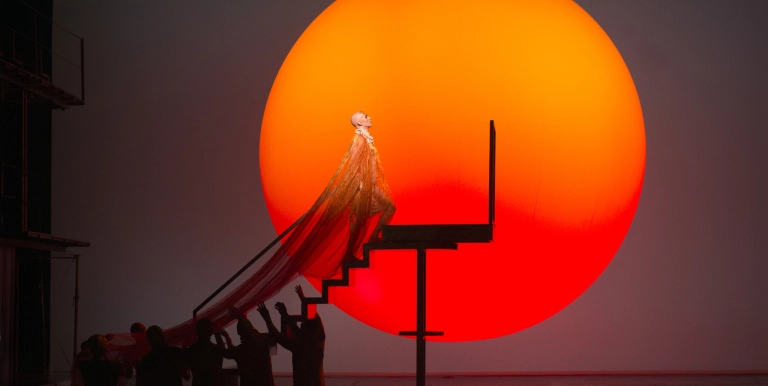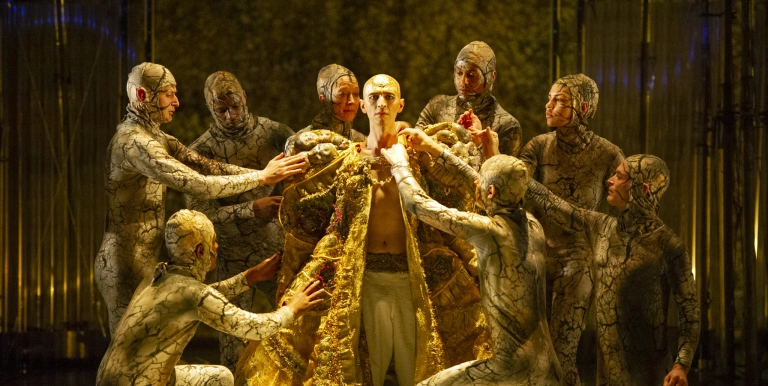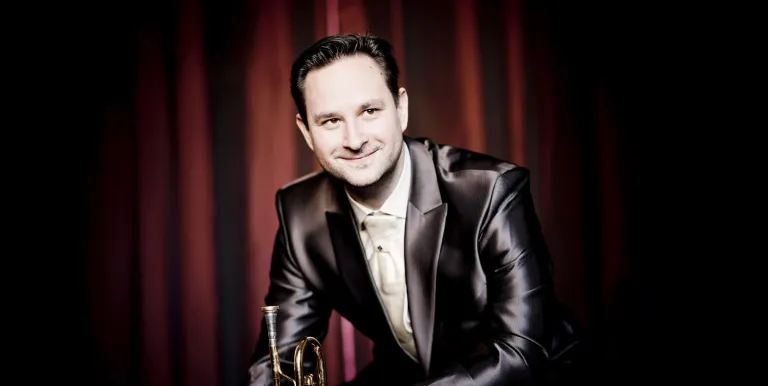Two intervals
Conductor:
Cast:
Featuring:
Creators:
The Met's new production.
The minimalist American composer Philip Glass, who has been nominated for three Oscars for his film music and achieved extreme popularity through his hypnotically powerful music that always finds a ready audience, described his 1984 opera about the pharaoh Akhnaten as the high point following his two previous biographical works for the stage: Einstein on the Beach and Satyagraha, the latter about the life of Mahatma Gandhi. 'All three men were guided by visions with which they changed the eras in which they lived,' said Glass. 'The religious reforms of the revolutionary innovator Akhnaten brought about a new ethos that impacted every aspect of life.' The libretto for this work dedicated to the historical figure who lived around 3300 years ago was compiled by the composer himself from original ancient texts, the pharaoh's own poetry and the Book of the Dead, as well as from Hebrew and Akkadian writings. These are all sung in the original languages, along with commentary from a narrator.
In the title role will be the star countertenor Anthony Roth Costanza, with his wife, the beautiful - as surviving busts attest - Nefertiti sung by mezzo-soprano J'Nai Bridges. Only a few years into her career, she is making her Metropolitan début in this role.
Also making her Met début with this production will be conductor Karen Kamensek, who has worked with the composer on numerous occasions. Director Phelim McDermott also staged Glass's earlier opera Satyagraha at the Met, as well as at the English National Opera. He has conceived the ritualistic plot of Akhnaten for the stage with riveting visuals that incorporate acrobats and jugglers.
The 'Metropolitan Opera Live in HD' transmissions have been made possible through the cooperation of our partner, Cikánek Management.
Presented by: Müpa Budapest
-
We wish to inform you that in the event that Müpa Budapest's underground garage and outdoor car park are operating at full capacity, it is advisable to plan for increased waiting times when you arrive. In order to avoid this, we recommend that you depart for our events in time, so that you you can find the ideal parking spot quickly and smoothly and arrive for our performance in comfort. The Müpa Budapest underground garage gates will be operated by an automatic number plate recognition system. Parking is free of charge for visitors with tickets to any of our paid performances on that given day. The detailed parking policy of Müpa Budapest is available here.












